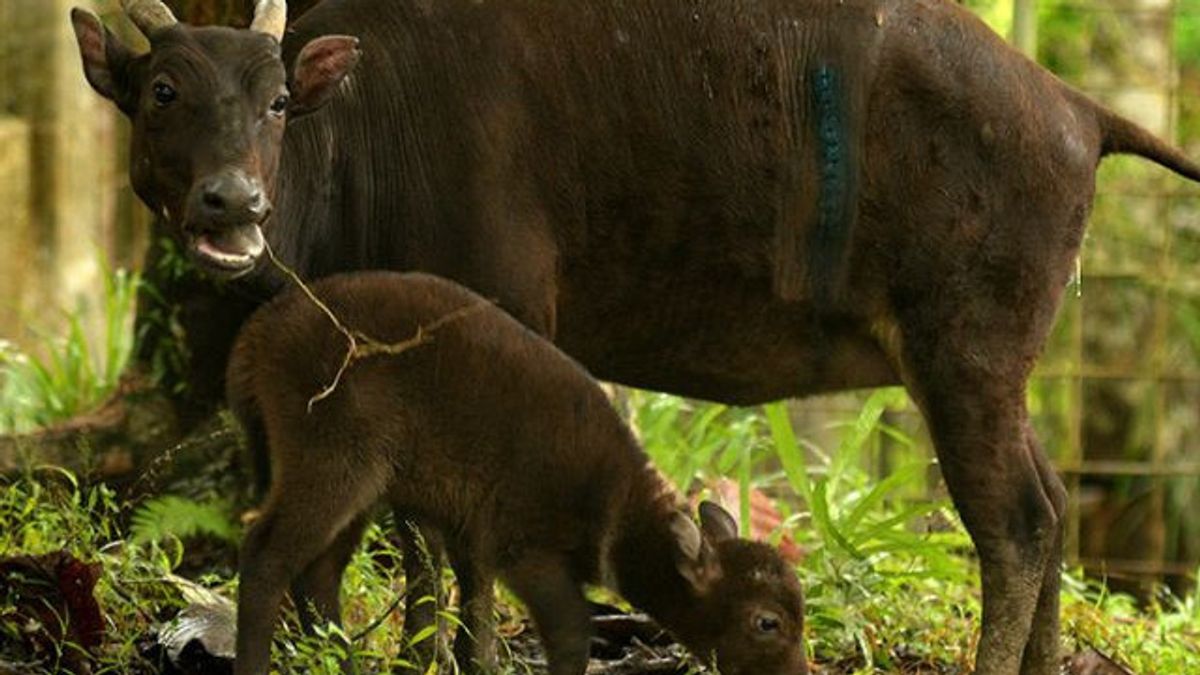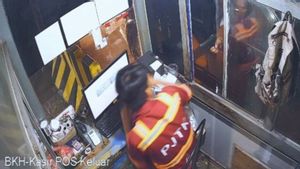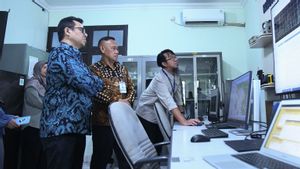MANADO - Head of the North Sulawesi Natural Resources Conservation Center (Sulut) Askari Dg Masikki said that hunting is a major threat to the preservation of the anoa population on Sulawesi Island. According to him, increasing hunting activity continues to suppress the anoa population on Sulawesi Island so that the number in nature is now not more than 2,500 individuals. "The declining population of what causes? This is what we must intervene in, making efforts to preserve in the future. Pressure on the anoa population is the high hunting of wildlife," Askari said as quoted by ANTARA, Tuesday, February 7. He emphasized the importance of anoa conservation in order to maintain the balance of the ecosystem on the island of Sulawesi. "The only large animal, a large mammal here, on the island of Sulawesi, is anoa. No other massive animal besides anoa, the other is small, primates such as Yaki, Kuscus. This is an endemic animal that we must maintain and preserve," he said. "When the population is reduced, it will affect balance," he added. Askari said, conservation efforts must be made to preserve the endemic animal population on the island of Sulawesi. "Because this animal is also our asset, the pride of North Sulawesi, the pride of the state that we must protect," he said. Anoa includes protected wildlife according to the Regulation of the Minister of Environment and Forestry of the Republic of the Republic of the Republic of Indonesia Number P.106/Menlhk/Setjen/Kum.1/12/2018 concerning Protected Types of Plants and Animals. In addition, anoa is classified as an endangered animal in the International Union for Conservation of Nature (IUCN) Red List of Threated Animal and is included in the Apendiks I Convention on International Trades on Endangered Species of Wild Flora and Fauna (CITES), namely a list of species of plants and wild animals that are prohibited from being traded.
The English, Chinese, Japanese, Arabic, and French versions are automatically generated by the AI. So there may still be inaccuracies in translating, please always see Indonesian as our main language. (system supported by DigitalSiber.id)













